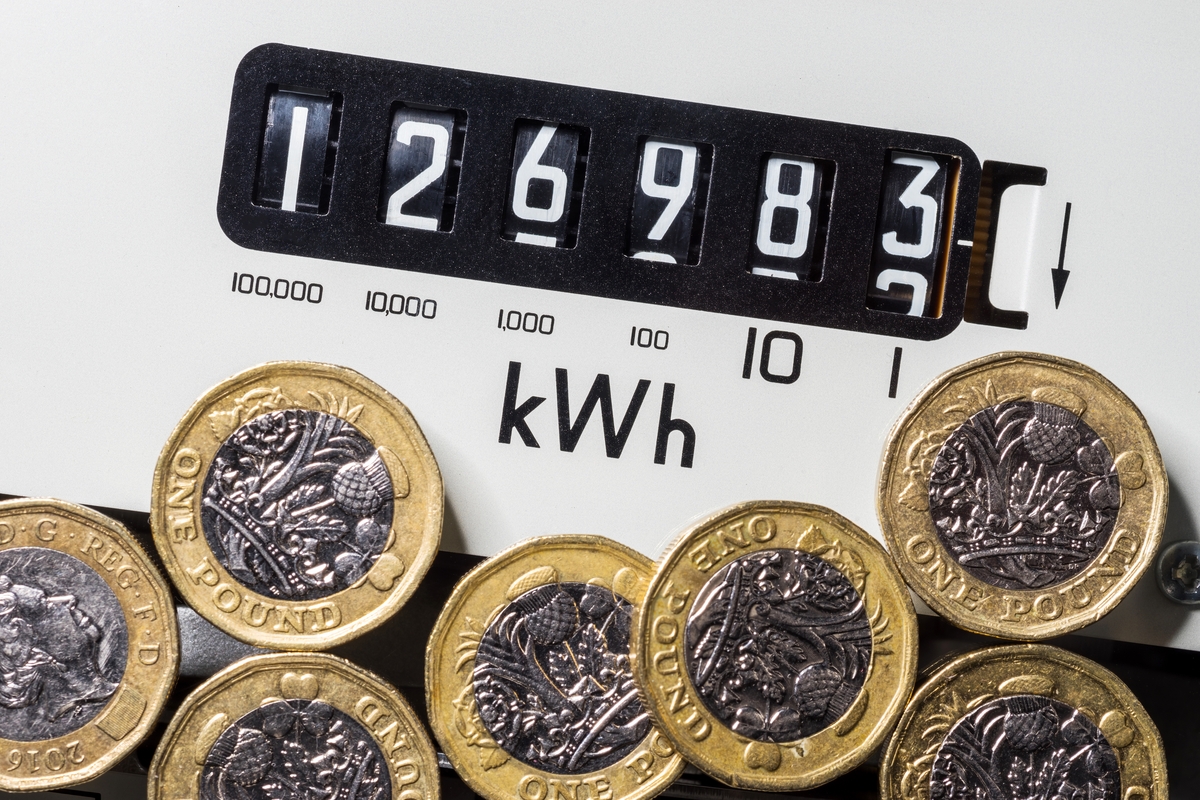Dear visitor,
You're reading 1 of your 3 free news articles this quarter
Register with us for free to get unlimited news, dedicated newsletters, and access to 5 exclusive Premium articles designed to help you stay in the know.
Join the UK's leading credit and lending community in less than 60 seconds.
Ofgem needs to “ramp up” energy debt protection
Three UK debt charities have called on the energy regulator Ofgem to urgently increase protections for people with energy arrears.

Senior Journalist, covering the Credit Strategy and Turnaround, Restructuring & Insolvency News brands.
Not for profits Citizens Advice, the Money Advice Trust and StepChange Debt Charity are warning that, with a further substantial rise in the energy price cap coming in October, more households will be unable to afford their energy bills.
Recent estimates from market researcher BFY Group suggest wholesale prices for the winter have pushed the forecast for the price caps to new highs with average bills for the start of 2022 being forecast above £500.
Overall, this has increased the forecast for the fourth quarter of 2022 and the first quarter of 2023 price caps to £3,420 and £3,850 respectively.
These increases will be somewhat mitigated by the government’s package of financial support - which has been welcomed by the charities. However they fear that - given the predicted scale of the price cap rise - more people are at risk of self-rationing their energy use or self-disconnecting.
Based on their findings, the charities have seen that energy arrears have exceeded council tax as the most common form of debt among people contacting the National Debtline service and Citizens Advice. In addition to this, in the first quarter of 2022 32% of callers to National Debtline had energy arrears - up 10% since 2021.
Alongside this, the total number of people seeking energy debt advice from Citizens Advice in the first three months of 2022 was 64% higher than the same period in 2019, while the average level of energy arrears amongst callers to StepChange Debt Charity has risen by 32% in the past two years from £1,056 in 2019 to £1,399 in 2021.
In a letter to the chairman of Ofgem Martin Cave, the charities urged it to, amongst other things, publish guidance to energy companies to ensure people who fall into arrears are treated fairly and are not asked to repay amounts they cannot afford.
They also want the regulator to protect customers in financial difficulty from potentially harmful debt collection practices, and asked it to work with suppliers to keep prepay customers on supply this winter - including a temporary commitment to halt disconnections and forced installation of traditional prepayment meters for debt.
The Money Advice Trust - which runs National Debtline and Business Debtline - Joanna Elson said: “As the Business, Energy and Industrial Strategy Committee rightly highlighted this week, Ofgem can, and should, do more to offer protection to households struggling with their energy bills.
“We are calling on the regulator to ramp up protections to ensure energy firms treat people struggling to pay or already in energy arrears fairly, including halting potentially harmful debt collection practices. We look forward to working with Ofgem to make these recommendations a reality as soon as possible.”
StepChange Debt Charity’s chief executive Phil Andrew, meanwhile, said the price cap rise will have a “disastrous impact” on millions of households’ finances. He added: “That’s why it’s essential that Ofgem, alongside Government and energy companies, does all it can to help people navigate this difficult period.
“We look forward to working closely with them to implement the recommendations we have outlined.”
Citizens Advice’s chief executive Dame Clare Moriarty added: “Families we’re supporting are already facing stark choices because of mounting bills.
“Some are turning off fridges and freezers because they can’t afford the running costs; others are washing their kids’ clothes at their grandparents’ because they’re already in the red. Come October when energy prices are set to jump again, things will go from bad to much worse.
“The government needs to be ready to act again, but Ofgem has a crucial role to play. It must ensure suppliers aren’t chasing people for debts they can’t pay or forcing people onto prepayment meters when they’re struggling to cover their bills.”
Stay up-to-date with the latest articles from the Credit Strategy team
Get the latest industry news






